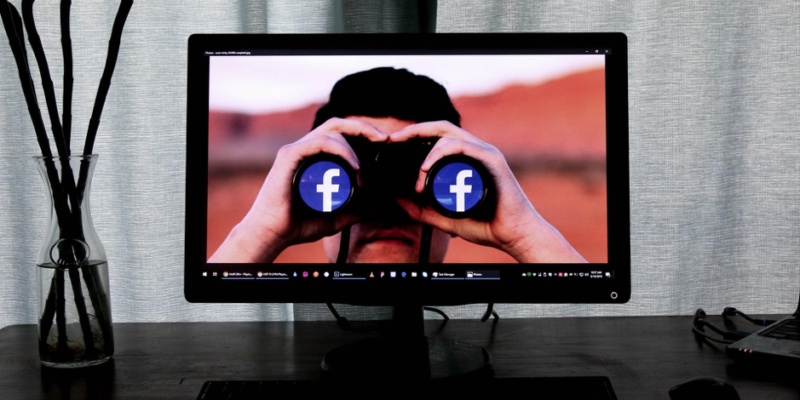The takeaways
- The policy takes aim at foreign media interference in the U.S. political process and the upcoming elections.
- State-run media adverts will also be banned from issuing paid content on Facebook.
- U.S. users will see the labels from next week, with the rest of the world to follow.
What happened?
Facebook announced on Thursday that it will start labeling pages, posts and advertisements identified as “partially or wholly” under the editorial control of state-run media outlets. Plans were first revealed in December to curb misinformation and foreign interference around this year’s U.S. presidential elections. The labels will be introduced to U.S. users next week, while other countries will see them at a later stage. A shortlist of outlets immediately receiving labels includes Russia Today and Sputnik, as well as CCTV and Xinhua of China.
The move is meant to better inform users about these sources of information and their motivations, according to Nathaniel Gleicher, Facebook’s head of security policy. Gleicher explained to CNN Business in an interview on Thursday that “The concern for us is state media combines the agenda-setting power of a media entity with the strategic backing of a state.”
Facebook will also block and label state-controlled media outlets from running advertisements in the United States ahead of November’s U.S. election in November. Gleicher’s post on Facebook’s blog cites transparency, “an extra layer of protection” foreign influence in public election debates and “an abundance of caution” despite noting that state-controlled media outlets “rarely advertise in the U.S.” Last October, Facebook Protect was introduced to improve account security and verification for political figures.
Transparency and misinformation.
YouTube began labeling videos shared by state-funded media in 2018, while Twitter first banned RT and Sputnik from advertising in 2017 before extending it to other state-controlled news entities last August, although it does not label state-controlled media.
Gleicher explained that the ad bans won’t be implemented outside the U.S. as state media is the only form of local news in some global regions. Following consultation on establishing the criteria for the labels, outlets can also appeal against their label to Facebook if they feel they have been applied in error.









